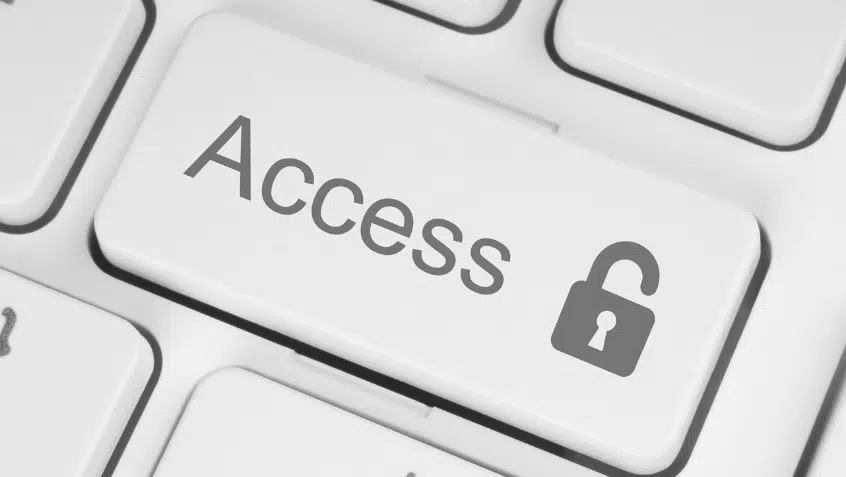Join Us Live for a Discussion on Medicare, Democracy, and the Future of Health Care
Final Public Charge Rule Strengthens Protections for Immigrants

Last week, the Department of Homeland Security (DHS) issued a much-anticipated final rule on the “public charge” inadmissibility test, clarifying the public benefit programs where enrollment may negatively impact a person’s immigration application or status.
DHS uses this policy to determine if an applicant for admission or lawful permanent resident status is likely to become primarily dependent on the government. The evaluation turns on several factors, including the individual’s age, health, and use of certain public programs. If DHS finds someone is likely to become a “public charge,” the agency may deny their application.
Though public charge has long been a feature of federal immigration law, the Trump administration greatly expanded the programs subject to the test, making it more difficult for everyone—and older adults and people with disabilities in particular—to pursue citizenship, reunite with their families, and access the supports they need to thrive. It also had a chilling effect. Fear of being considered a public charge and misunderstanding about the policy prevented people from seeking critical health, nutrition, and safety net assistance.
The Biden administration stopped enforcing those harmful changes early last year. The new rule codifies that policy and is based on DHS’s 1999 Field Guidance. It solidifies the agency’s previous and long-standing position on what benefits will be considered in a public charge determination. It also makes it clear that individual factors, such as a person’s disability or use of benefits alone, will not lead to a public charge determination.
Under the final guidelines, DHS may only consider direct cash assistance programs, such as Supplemental Security Income (SSI) and Temporary Assistance for Needy Families (TANF), as well as long-term institutionalization paid for by Medicaid or another government source.
Importantly, DHS notes that receiving Medicaid Home- and Community-Based Services (HCBS) or other Medicaid health care benefits, including institutionalizations for short periods, will not affect a public charge determination. Special purpose payments—such as for childcare, energy assistance, disaster relief, and pandemic assistance—are also excluded, as are food and nutrition programs, like the Supplemental Nutrition Assistance Program (SNAP); earned benefits, including Social Security; housing programs, including Section 8; and utility assistance, like Emergency Broadband Benefits (EBB).
The final rule takes effect on December 23, 2022. In the interim, DHS will continue to make public charge assessments consistent with the outlined policy, the statute, and the 1999 Field Guidance. The agency explains it will soon release a policy manual for immigration officers to “apply this regulation fairly and consistently and to better inform the public about how the rule will be implemented.” It will also conduct needed outreach, engagement, and trainings to “minimize the risk of confusion or chilling effects among both noncitizens and U.S. citizens.”
Medicare Rights welcomes the restoration of more humane public charge guidelines. We look forward to continued work to improve the underlying statute, which currently prevents DHS from further limiting this policy and its discriminatory impacts.
For more information, please see:
DHS’ announcement and resource page
Protecting Immigrant Families Fact Sheet, Public Charge: What Advocates Need to Know
Show Comments
We welcome thoughtful, respectful discussion on our website. To maintain a safe and constructive environment, comments that include profanity or violent, threatening language will be hidden. We may ban commentors who repeatedly cross these guidelines.
Help Us Protect & Strengthen Medicare
Donate today and make a lasting impact
More than 67 million people rely on Medicare—but many still face barriers to the care they need. With your support, we provide free, unbiased help to people navigating Medicare and work across the country with federal and state advocates to protect Medicare’s future and address the needs of those it serves.
The Latest
Most Read
Add Medicare to Your Inbox
Sign up to receive Medicare news, policy developments, and other useful updates from the Medicare Rights.
View this profile on InstagramMedicare Rights Center (@medicarerights) • Instagram photos and videos









